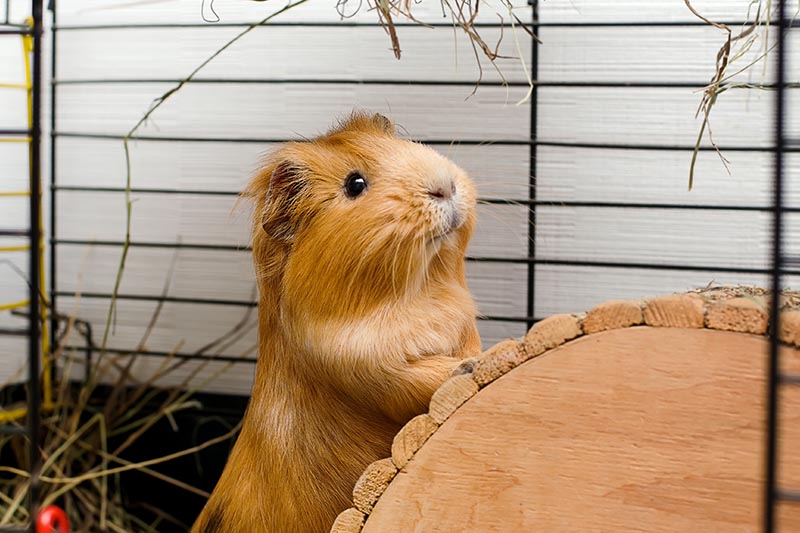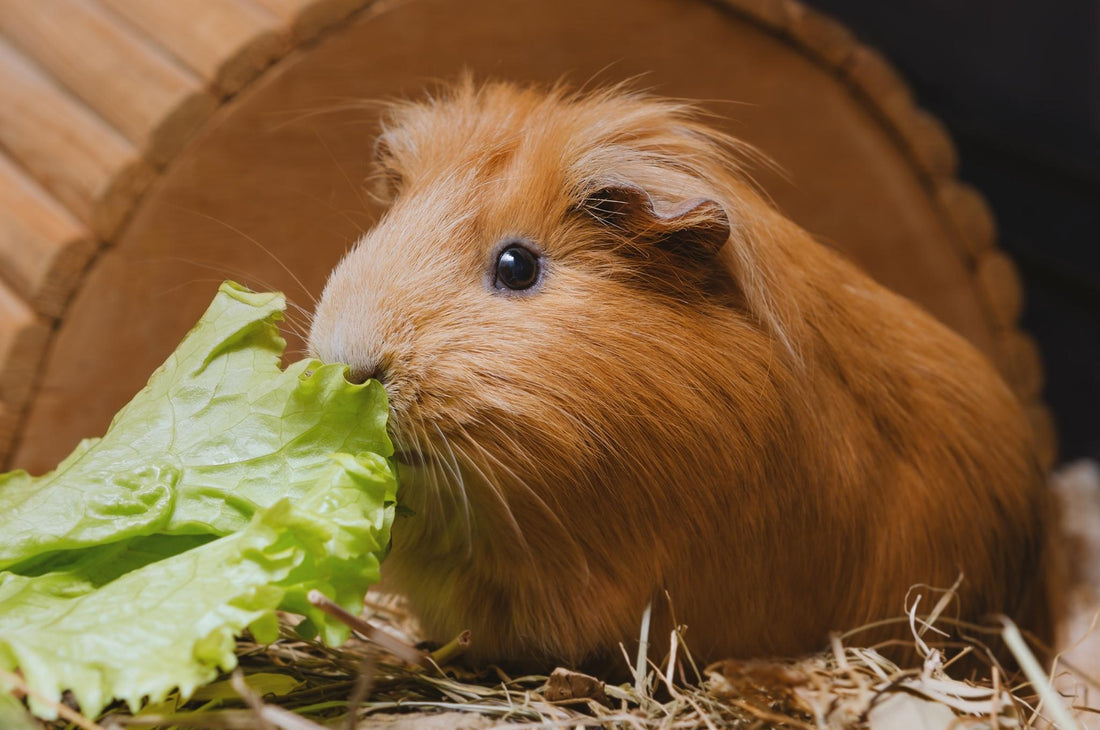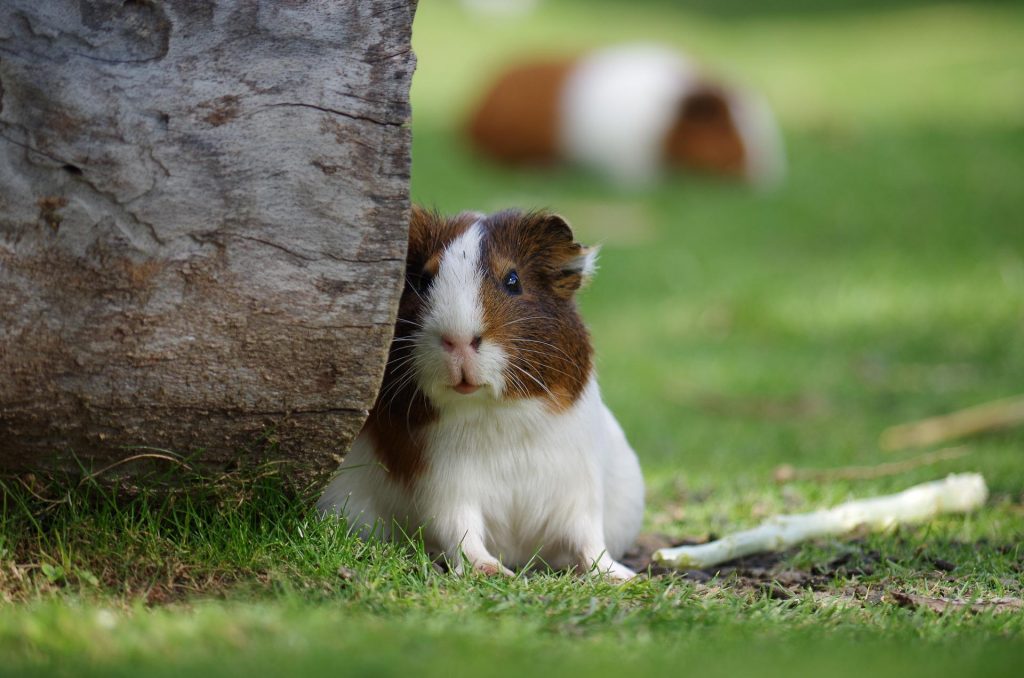Health & Care
Understanding Pet Sounds: Could Squeaking Indicate Pain or Illness in Animals?
- Understanding pet sounds is crucial in recognizing signs of pain or illness in animals.
- Squeaking can be an indication of discomfort, fear, or pain in pets.
- It’s important to differentiate between normal vocalizations and squeaks signaling potential health issues.
- Owners should be attentive to changes in their pet’s behavior and vocal patterns.
- Regular veterinary check-ups are essential for early detection and treatment of health problems in pets.
Pet owners often develop a keen ear for their companions’ vocalizations, understanding their nuances and what they usually signify. While a dog’s whimper or a cat’s meow can be a sign of a variety of emotions and states, the question arises: Could squeaking indicate pain or illness in animals? It is a query of significant importance as recognizing and understanding these sounds can be the key to providing prompt and effective care to a suffering pet.
> READ MORE:
Contents
Decoding Squeaking in Pets
Pets communicate in a variety of ways, and sound is one of the primary modes. For many animals, squeaking is a natural part of their expressive repertoire. However, when this sound becomes more frequent, louder, or is accompanied by other symptoms, it may be an indication of discomfort, pain, or illness.
For example, guinea pigs naturally make a series of sounds, with gentle squeaking often indicating contentment. However, a high-pitched, sharp squeak could suggest they are in pain or experiencing fear. Similarly, in the case of dogs or cats, a sudden squeak or yelp, especially if it occurs during movement or palpation of an area, could alert an owner to a potential health issue.
Interpreting Vocal Changes
Understanding the difference between normal and abnormal squeaking entails paying attention to other behavioural changes in your pet. For instance, a normally vocal dog that suddenly becomes quiet or, conversely, a quiet dog that starts to squeak persistently should raise a concern. Additionally, signs like loss of appetite, lethargy, or reluctance to be touched can accompany these vocal cues, further emphasizing the need for a veterinary examination.

Recognizing the Context
Context is key when interpreting pet sounds. An animal might squeak when playing or squeak when they are hurt. Observing the circumstances under which your pet is making these noises provides valuable clues. For example, if a dog squeaks when being picked up, it could point towards musculoskeletal pain, whereas squeaking without a clear reason may suggest internal discomfort or distress.
The Role of Veterinarians
Regular veterinary check-ups can help in early detection of issues that may cause pain or illness in pets. Veterinarians can educate pet owners on what signs to look out for and how to differentiate between normal and concerning squeaks. They can also provide guidance on behavior and vocalization changes that may warrant a closer look or immediate medical attention.

Final Thoughts
Pet owners hold the key to understanding their animal companions better than anyone else. Learning to distinguish between normal and abnormal vocalizations, including squeaking, is an essential part of responsible pet ownership. It requires attention, a deep understanding of one’s pet, and a willingness to seek professional help when necessary. By doing so, you ensure that your pet enjoys a good quality of life and that any pain or illness they may experience is addressed promptly and compassionately.
Conclusion
In conclusion, while not all squeaks are a cause for alarm, consistently monitoring your pet’s sounds and overall behavior is crucial. Could squeaking indicate pain or illness in animals? Definitely, and being aware of this can make all the difference. If you’re unsure, it’s always best to consult with your vet, as they can provide expert insights into your pet’s health and well-being.

